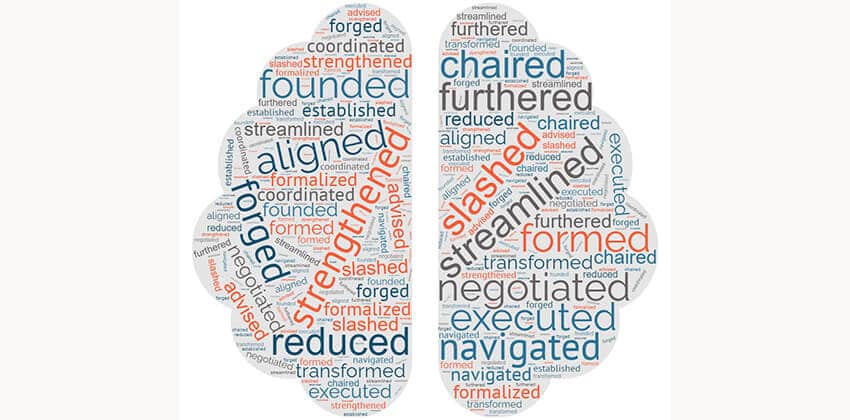
Every applicant has two sets of skills (even if they don’t realize it): hard skills and soft skills. And though they are very different skill sets, both are essential to not only land the job but to ensure success in every step of your career.
Defining Soft Skills
Though hard skills can be transferable, they are often specific to a job or industry (like coding or a particular software program). Soft skills, however, usually relate to your interpersonal skills, emotional intelligence, and how you connect with your job and coworkers. These skills are generally not job or industry-specific and are transferable from job to job (and industry to industry!).
Examples of Soft Skills
Soft skills include a wide array of abilities. Here are some of the more common ones employers look for:
- Communication skills: written or oral, communication skills help you get your message across clearly and concisely
- Adaptability: being able to pivot is more important than ever, and employers want workers who can roll with the changes
- Conflict resolution: conflict at work is inevitable, but how you handle these conflicts matters, especially if you want to maintain good working and professional relationships with your coworkers
- Time management: deadlines are also inevitable, but your ability to get things done on time or juggle multiple projects makes you a valuable employee
Why Soft Skills Are Important
Employers want candidates with demonstrable soft skills because they are often harder to teach than hard skills. So, when a hiring manager is considering two equally qualified candidates, your soft skills will give you the edge over candidates without them.
But soft skills are also essential for your long-term career success. Often, when an employee does not succeed in a job, 89% of recruiters say it’s due to a lack of soft skills.
How to Obtain Soft Skills
To help you stay sharp throughout your career, keep improving the soft skills you possess and commit to learning new ones. There is no one “right” way to improve or master soft skills. Experiment with different learning methods to see what helps you get results.
While books, podcasts, and classes are one way to improve your soft skills, here are some other techniques you can try.
Practice
Practice, as they say, makes perfect, and if there’s a soft skill you want to improve, practice that skill until you’re better at it.
For example, if you want to improve your written communication skills, consider starting a blog or posting updates on LinkedIn. Over time, you’ll become more confident in your ability, learn from your mistakes, and ultimately improve your writing skills.
Be a Copycat
When you meet someone who possesses and excels at a particular soft skill, follow their lead. For example, someone with excellent project management skills may use a specific method to ensure the project stays on time and on track. Ask that person what their secret to success is, then try it out for yourself!
Ask for Feedback
As you’re working on your soft skills, ask a trusted coworker for feedback. Perhaps this person can offer you some insights into your emails and give you some advice on how to improve them. Or, they can give you some feedback on how you handled a previous conflict.
How to Show Soft Skills to Employers
One of the best ways to help your resume stand out from the crowd is to explain how your skills benefited your employer. Usually, this means talking about the metrics and results of your work. For example, you might explain that you increased year-over-year sales by 35% through a specific initiative you created.
It’s a little harder to cite your soft skills metrics, as they often don’t have quantifiable results. But there are ways to demonstrate the results of your soft skills on your resume, in your cover letter, and during an interview.
Here’s an example demonstrating problem-solving skills:
Our client deliveries were going to be late due to a driver shortage. I contacted an outside company to help us get some of the product out as quickly as possible. It wasn’t the entire order, but it was enough to satisfy the clients. When the rest of the order arrived, I emailed everyone a thank-you note and offered them a 20% discount off the next order to thank them for their loyalty and patience.
Be a Softie
While hard skills are often essential for certain jobs, soft skills can give you the edge over other job seekers. Take some time throughout your career to develop and hone yours to ensure you’ve got all the skills employers want in their staff.
Looking for more skills to make your resume stand out? Read Best Skills to Put On Your Resume (Examples).
Don't forget to share this article with friends!




